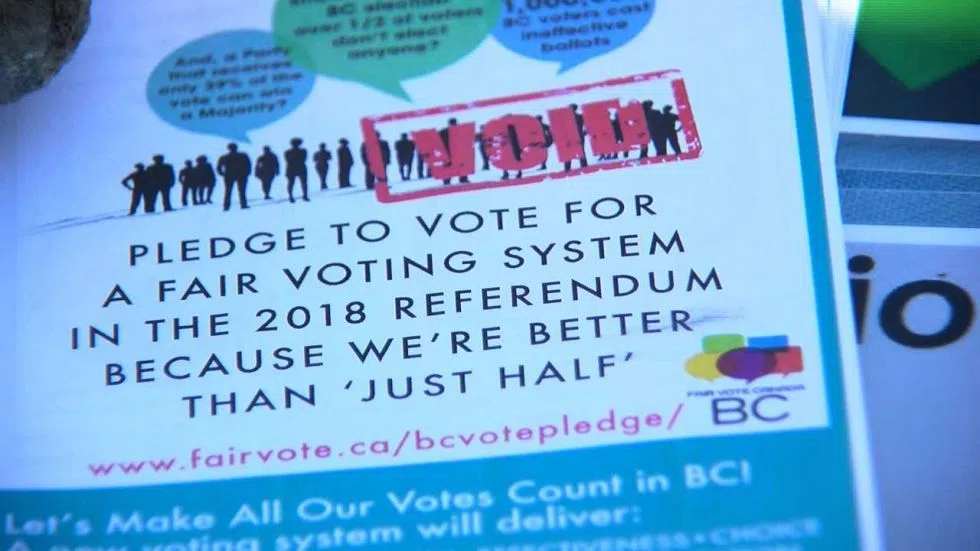
New Zealand’s experience with electoral reform
I SAT DOWN WITH HELEN CLARK, Prime Minister of New Zealand from 1999 to 2008, to talk about her country’s experience with electoral reform. She was in Kamloops on June 21 at a reception held at a local pub where about 70 people had gathered.
“You have five minutes for the interview,” the organizer of the event told us. We made our way to a quiet table.
Two referenda were held in New Zealand, she told me. The first in 1992 was non-binding. It asked whether voters wanted to retain the present first-past-the-post (FPTP) system or if they wanted a change. And if they wanted a change, which of four systems of proportional representation did they prefer?
The results were overwhelming with 85 per cent in favour of a change. Of the four systems, Mixed Member Proportional (MMP), was a clear favourite.


